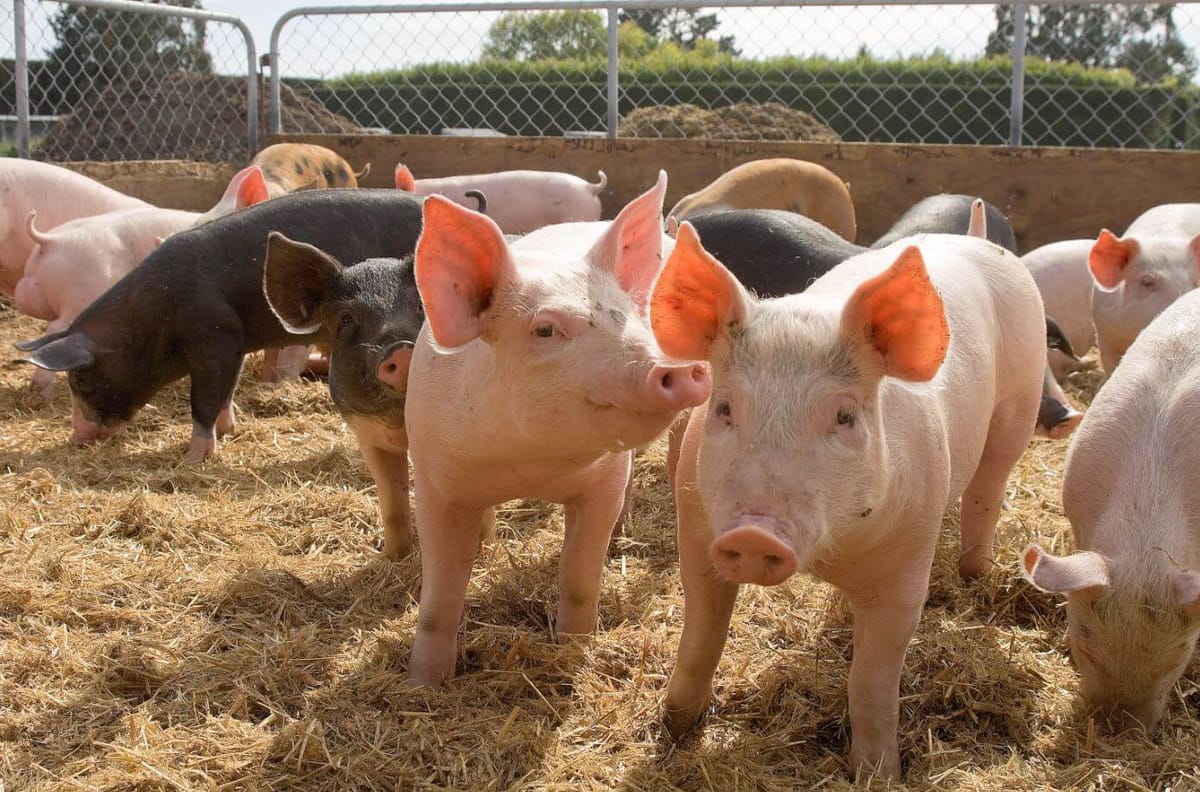An online programme to enhance positive interactions between pigs and stockpeople and minimise handling-related stress in pigs is being adopted across New Zealand’s pork sector.
The ProHand Pigs Stockperson training course, developed by the Animal Welfare Science Centre at the University of Melbourne, recognises the vital role that stockpeople play in the overall welfare of the pigs under their care.
Following an arrangement between NZPork and Australian Pork Ltd, ProHand is now available to pig farm and processing plant staff in New Zealand, free of charge. About 186 stockpersons at 17 New Zealand pig farms have completed the programme so far.
ProHand focuses on minimising handling stress, as well as promoting positive human-animal interactions. This has been shown to improve animal performance and welfare and to improve work
motivation, performance, and job satisfaction.
It targets key attitudes and behaviours that have been shown to have a direct effect on pigs’ fear of humans, together with specific advice on when, where, and how stockperson behavioural change should occur, plus strategies to maintain this behavioural change.
Dr Kirsty Chidgey, Animal Welfare Scientist advisor to NZPork, welcomed the growing use of ProHand in the New Zealand pork sector.
“Recommended best practice in the Code of Welfare for pigs is that stock handlers should have completed a training course on understanding human-animal interactions to help improve animal
welfare. This is exactly what ProHand was developed to achieve. No other industry has anything like it.”
The programme includes a questionnaire, which allows stockpeople to compare their attitudes towards pigs with others who have previously responded to the survey. It then provides individually-
tailored feedback on opportunities to improve handling.
The computer-based training allows stockpeople to progress through the programme at their own pace and provides summaries and reviews to check progress. Education is provided about
recognising fear responses in pigs, and demonstrates how proper, positive behaviours towards pigs can improve their welfare.
The programme’s content builds upon key findings from extensive international research, both in livestock industries and research institutes on factors which affect the productivity and welfare of farm animals. It has been designed and tested on stockpeople at commercial farms around the world.

